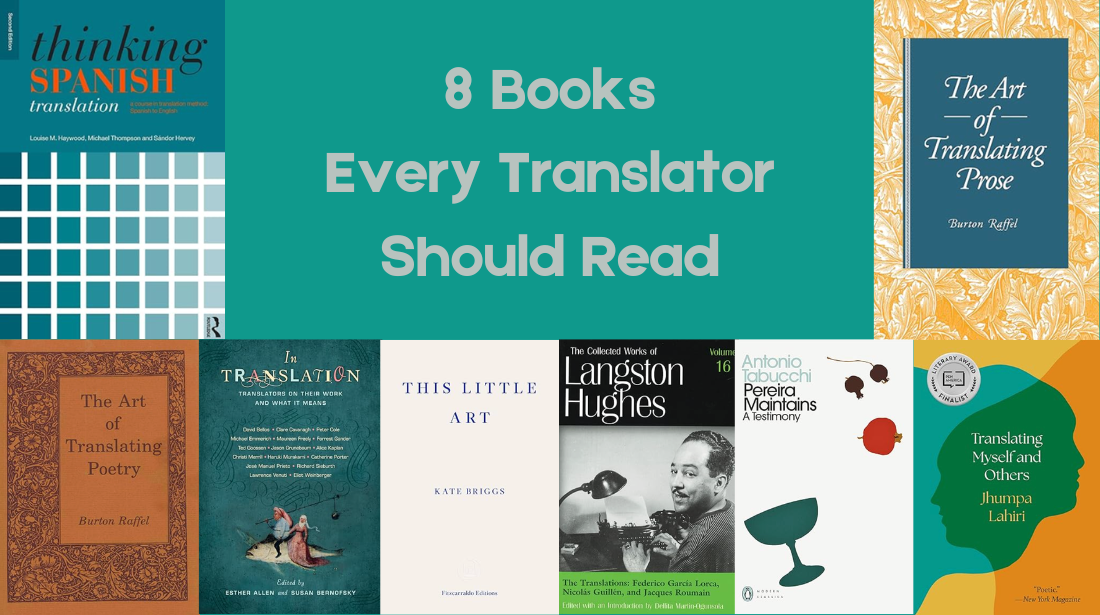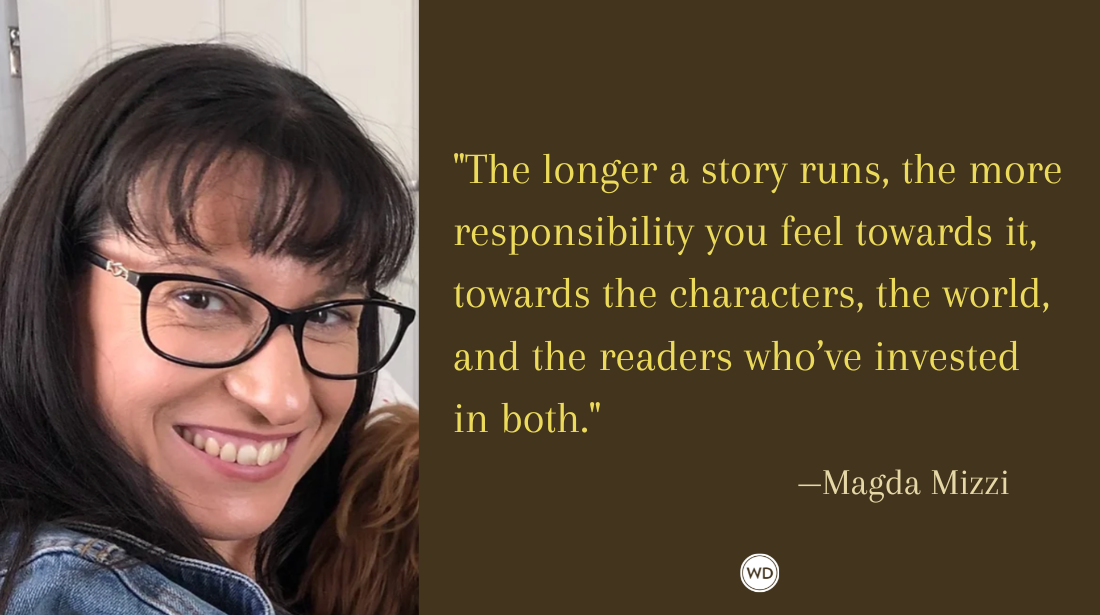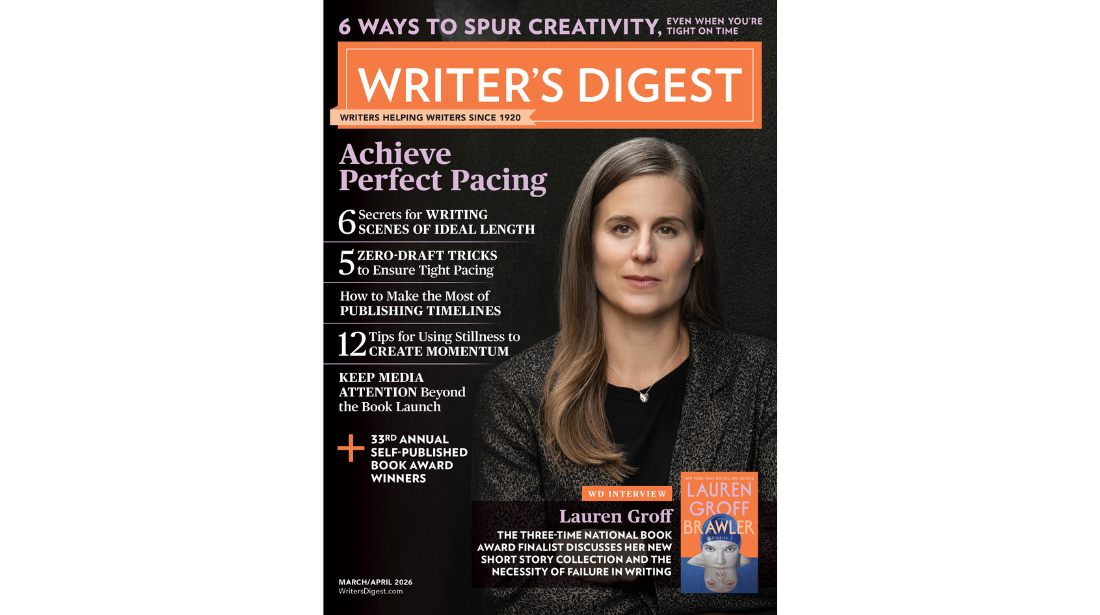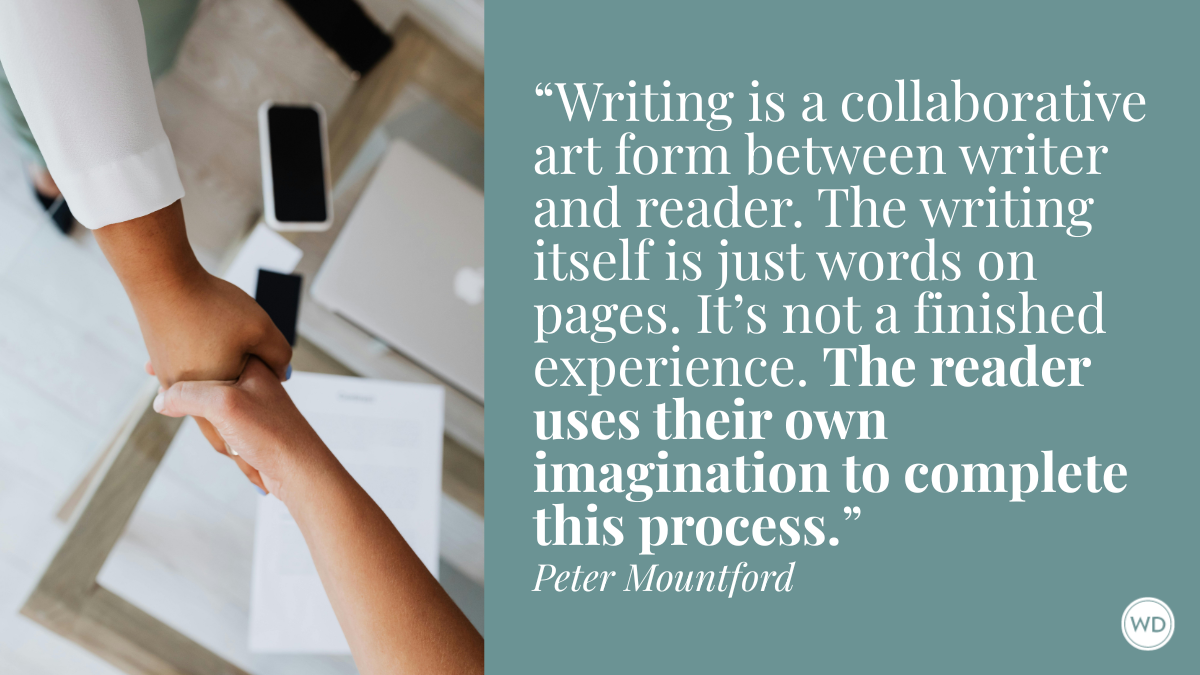Jerome Charyn: You Will Never Be a Master of Your Craft
In this interview, author Jerome Charyn discusses his deep understanding of Maria Callas while writing his new historical fiction, Maria La Divina.
Jerome Charyn is the author of more than 50 works of fiction and nonfiction, including Maria La Divina (forthcoming from Bellevue Literary Press in September 2025); Big Red: Starring Rita Hayworth & Orson Welles; The Secret Life of Emily Dickinson; Sergeant Salinger; I Am Abraham: A Novel of Lincoln and the Civil War; Cesare: A Novel of War-Torn Berlin; The Perilous Adventures of Teddy Roosevelt, the Cowboy King; Bitter Bronx; and A Loaded Gun: Emily Dickinson for the 21st Century.
Among other honors, his work has been longlisted for the Mark Twain American Voice in Literature Award and PEN Award for Biography, shortlisted for the Phi Beta Kappa Christian Gauss Award, and selected as a finalist for the Firecracker Award and PEN/Faulkner Award for Fiction.
Distinguished Professor Emeritus of Film Culture at the American University of Paris, Charyn has also been named Commander of Arts and Letters by the French Minister of Culture and received a Guggenheim Fellowship and the Rosenthal Family Foundation Award for Fiction from the American Academy of Arts and Letters. He lives in Manhattan. Follow him on X (Twitter), Facebook, Instagram, and Bluesky.
In this interview, Jerome discusses his deep understanding of Maria Callas while writing his new historical fiction, Maria La Divina, his hope for readers, and more.
Name: Jerome Charyn
Literary agent: Georges Borchardt
Book title: Maria La Divina: A Novel of Maria Callas
Publisher: Bellevue Literary Press
Release date: September 16, 2025
Genre/category: Historical fiction; romance
Previous titles: Over 50 titles.
Elevator pitch: A novel about the greatest diva who ever lived—her triumphs and her tragedies.
What prompted you to write this book?
I watched a documentary about Maria and fell in love with her. She seemed both defiant and vulnerable, and very much alone. Aristotle Onassis had been the love of her life, and he foolishly abandoned her to marry the Widow of the World, Jackie Kennedy, to add to his trophies. And Maria ended up living—and dying—in a mausoleum, an apartment in Paris filled with photographs of Onassis.
How long did it take to go from idea to publication? And did the idea change during the process?
It took about three years. I had to absorb as much as I could about Maria, the poverty she emerged from, the time it took to train her voice, her disappointments as the great Italian opera houses rejected her at first, her crash diet, where she lost over 100 pounds, and the horror of losing her voice.
The idea never changed. She was my Maria.
Were there any surprises or learning moments in the publishing process for this title?
I was disappointed in the film, Maria, which dealt with her period of isolation. It never once captured her dignity.
There were very few surprises, since I felt such a closeness to her. One very pleasant surprise came when my stepdaughter, Emmy-winning soap star Eden Riegel, offered to narrate the audiobook—she has performed it at a level I could only have dreamed of hearing.
Were there any surprises in the writing process for this book?
There’s always that startling moment when you create a character. Maria was already in my blood. I knew I wouldn’t fail her. But I wasn’t sure I could capture Onassis. And then I did capture him—his vanity, his seductive charm.
Realizing that Maria’s life would make a wonderful musical—perhaps with Lady Gaga as La Callas—has pushed me to begin work on the libretto.
What do you hope readers will get out of your book?
I want readers to fall in love with Maria, just as I did, to sense her greatness and all her vulnerabilities. She had no life apart from opera. She had no education. She watched Westerns on television and read gossip magazines. But her “intelligence” was there in her deep interpretation of every character she ever played. She ruined each role for every other diva.
If you could share one piece of advice with other writers, what would it be?
You will never be a master of your craft. You will remain an apprentice all your life, learning something with the music of every sentence you write.








